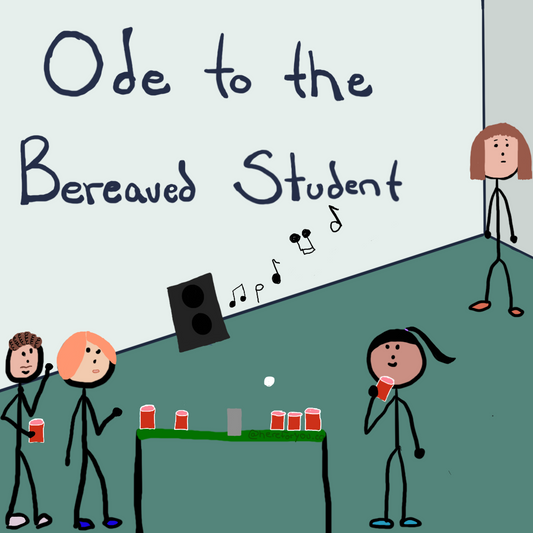Another short Hidden Grief submission — this one highlighting how grief can show up as a quiet truth you carry alone — the memory of who someone really was, and the ache of realizing you might be the only one who remembers that version of them.


Carrying Who They Were
After someone dies, it can feel like you’re the only one who remembers who they really were. Everyone else’s memories start to blur, or they only recall certain versions — the polished, public one; the version from childhood; the one captured in the last few photos. But the one you knew, in all their detail and contradiction, starts to feel like yours alone to keep.
You remember their gestures, their voice, their particular way of filling space. You might even feel protective of those memories — like you’re carrying a piece of them that no one else can hold. It’s both an ache and an honor: to be the keeper of someone’s true self.
When the person wasn’t kind or good
But sometimes, remembering isn’t tender at all. Sometimes the person everyone calls “wonderful” or “admirable” was also cruel, manipulative, or neglectful behind closed doors. The world might mourn them with reverence — while you carry memories that are complicated, painful, or even traumatic.
That kind of remembering can feel especially isolating. You may feel invisible in your truth, or guilty for not sharing in others’ grief. But your version of them — the full, honest one — matters. You’re not wrong for remembering what really happened. And you don’t owe anyone a softened version of your experience.
Grief doesn’t belong only to the beloved. It also belongs to those who survived love that hurt, those who hold a version of someone that no one else can see.
Resources + Support
If this post resonates with you:
-
You might find comfort in other Hidden Grief posts that highlight complicated loss. Like this one about two brothers, losing a parent with whom you have a complicated relationship (and another one on the same theme), a mother who compulsively lied, and my own post about obsessively tracking every mean thing every said about my sister by someone else.
-
If you’re processing abuse or trauma connected to a person who has died, therapy with a grief-informed trauma specialist can be deeply grounding. (A good starting point is the Psychology Today therapist finder — search for “trauma” + “grief.”)
You don’t have to tidy up your memories. You only have to tell the truth of what you remember — and trust that there’s healing in that honesty.
Remembering is love, but it’s also labor. Be gentle with yourself as you carry — and sometimes, as you slowly set down — who they really were.


